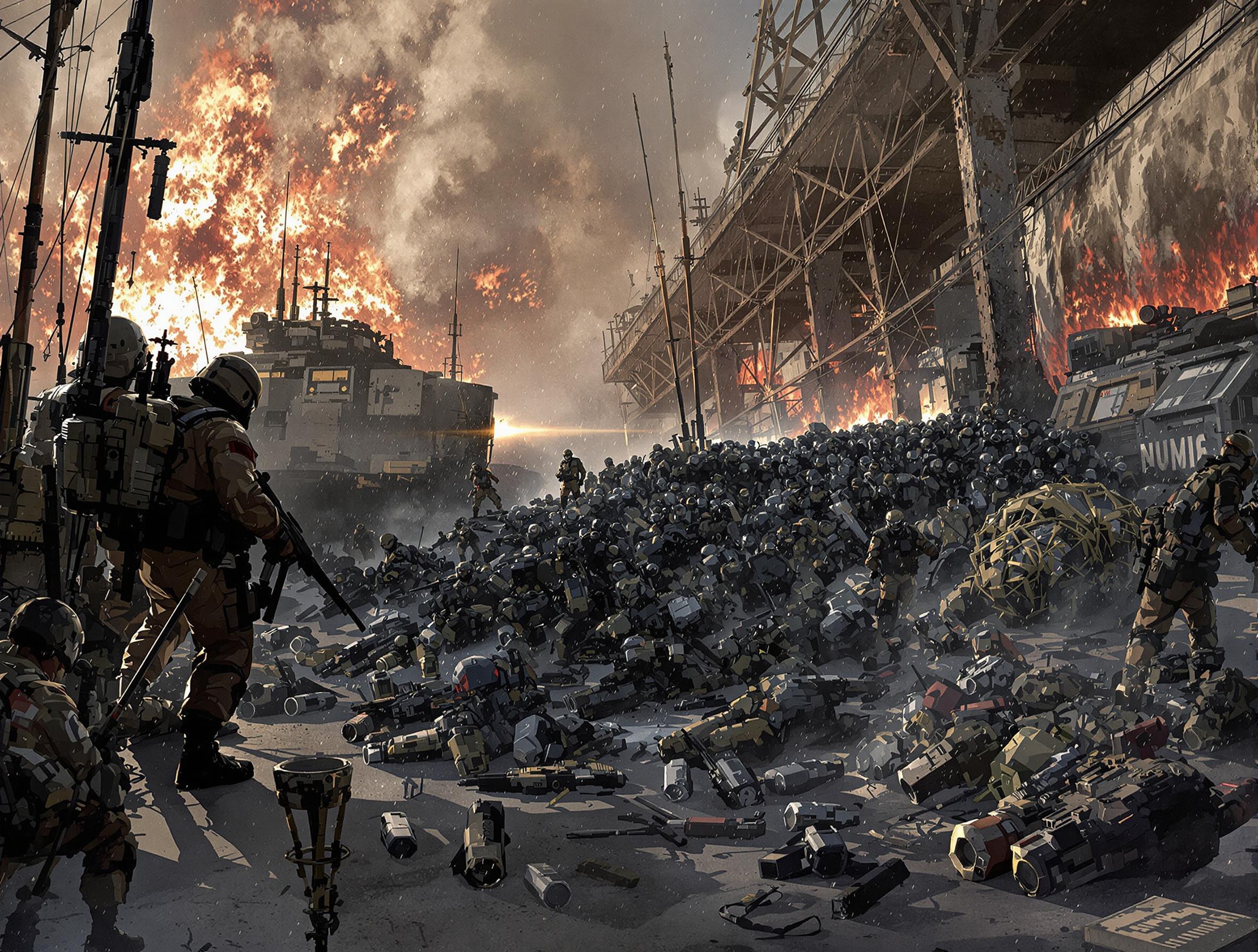- Posted on
- • Business
Europe's Military Future: Confronting the Reality of Shifting Transatlantic Relations
- Author
-
-

- User
- aydin
- Posts by this author
- Posts by this author
-

The geopolitical landscape is evolving rapidly, and Europe finds itself at a critical juncture regarding its military future. As the United States reassesses its role within NATO and the broader global security framework, Europe must confront several challenges and opportunities that will shape its defense policies for decades to come.
The Impact of American Withdrawal
The United States has long been a cornerstone of NATO, providing both military might and strategic leadership. However, recent shifts in American foreign policy have led to a significant pullback from this role. This transition is not inherently problematic, but the manner in which it has occurred has left Europe vulnerable.
The abrupt withdrawal then reinstatement of American intelligence and weapons supply to Ukraine, as well as Musk's tacit threats to disable Starlink without adequate notice or a phased reduction, has further destabilized the region. This move has emboldened Putin's Russia, the aggressors in this war, and undermined European assumptions, highlighting the importance of coordinated and predictable military support now and going forward.
There is no serious leader or analyst who now thinks one can rely upon the United States, nor think it rational to continue including US companies in their procurement strategy.
The Russian Shadow Fleet and Sanctions Dilemma
Another pressing concern is the support for Russia's shadow fleet, which has been used to circumvent international sanctions. This support has undermined the efficacy of existing sanctions and raised questions about the commitment to European security.
Moreover, Trump has made clear his desire to lift sanctions on Russia, a move that will have far-reaching consequences. If Europe were to acquiesce, it would send a troubling signal about its resolve in the face of aggression. Conversely, maintaining sanctions while the U.S. eases its stance will strain transatlantic relations and force Europe to consider sanctioning American companies and banks - a situation unimaginable mere months ago, before Trump 2.0.
Implications for the Future
As Europe grapples with these challenges, it must also look ahead to the future of its military capabilities and alliances. A more autonomous European defense strategy is now necessary, requiring increased investment in military technology, intelligence sharing, and joint operations.
Furthermore, Europe must navigate the complexities of economic interdependence. Sanctioning American entities, while potentially necessary to maintain a united front against aggression, will have significant economic repercussions. Balancing these competing interests will require diplomatic finesse and strategic foresight.
European nations are increasingly recognizing the importance of bolstering their defense capabilities through enhanced investment in domestic military research, development, and procurement. This shift is driven by the need to reduce dependency on U.S. suppliers and to foster a more self-sufficient and integrated European defense industry and was being driven before Trump's recent pivot towards Putin. By prioritizing European procurement, countries aim to strengthen their industrial base, promote technological innovation, and ensure that defense equipment is tailored to meet the specific needs and operational requirements of European forces. This move towards European procurement not only supports economic growth and job creation within the EU but also reinforces European strategic autonomy, enabling the region to act more decisively and independently in an increasingly complex global security environment. The pivot is real, and is being funded with serious intent.
The future of Europe's military landscape is fraught with uncertainty, but also ripe with opportunity. By fostering stronger intra-European cooperation and maintaining a steadfast commitment to shared values, Europe can weather the storm of shifting transatlantic relations. The path forward will not be easy, but with careful planning and resolute leadership, Europe can secure its military future and safeguard the peace and prosperity of its citizens.